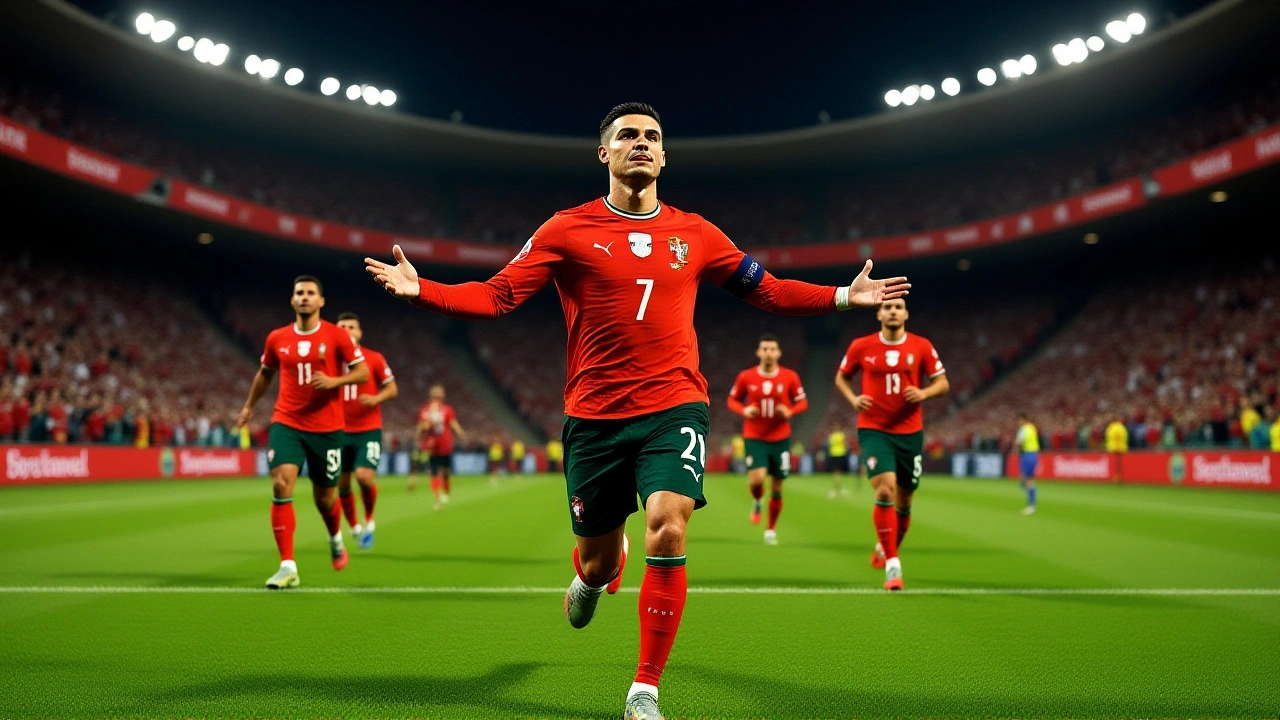World Cup qualifier news and analysis
When you hear about a World Cup qualifier, it’s the official series of matches where national football teams fight for a spot in the FIFA World Cup. It’s also called a qualification match. These games set the stage for the biggest tournament in the sport, shaping everything from team rankings to player careers.
At the top of the ladder sits FIFA, the global governing body that defines the rules, calendar and slot allocation for the World Cup. FIFA delegates the regional organization to confederations. In Europe, UEFA, the Union of European Football Associations, runs the European qualifying groups, while in Africa, CAF, the Confederation of African Football, handles the African qualification rounds. Understanding who runs what helps you follow the schedule and the stakes for each match.
One simple truth is that World Cup qualifier outcomes directly affect a nation’s chance to appear on football’s biggest stage. A win in a UEFA group can lock a team into a direct ticket, while a loss in a CAF knockout can end a campaign before the final round. The performance also feeds into the FIFA Rankings, which in turn influences future seedings and draw fairness.
Recent posts show the breadth of the qualifier story. Italy, leading UEFA Group I, aims for a straight‑through berth after a strong start, while Senegal’s 5‑0 demolition of South Sudan emphasizes African power shifts. South Africa’s Bafana Bafana, under Hugo Broos, is fielding a youth‑focused squad for upcoming matches against Zimbabwe and Rwanda. Each of these cases illustrates how regional bodies organize matches, allocate dates, and manage travel logistics.
Beyond the big‑name nations, qualifiers give lesser‑known teams a platform to shine. When Kenya plants 100 million fruit trees on Mazingira Day, the news may not be football‑related, but it shows how national events can affect player availability and fan focus during international windows. Similarly, social grant schedules from SASSA can influence match attendance in South Africa, showing the intersection of sports, politics, and everyday life.
For fans tracking the road to the 2026 World Cup, the qualifiers are more than a series of scores. They are a tangled web of scheduling, travel, player form, and tactical adjustments. Coaches like Italy’s Luciano Spalletti or Senegal’s Ismaïla Sarr’s teammates must balance club duties with national duties, often within weeks. That tension adds drama and makes each match feel like a mini‑final.
What you’ll find next is a curated collection of articles that dive deeper into each storyline: match recaps, tactical breakdowns, player interviews, and behind‑the‑scenes looks at how FIFA, UEFA and CAF shape the journey. Whether you’re a casual viewer or a hardcore follower, the pieces below give you the context you need to make sense of every goal, every red card, and every point on the table.
Portugal Beats Ireland 1-0 After Ronaldo Penalty Miss in World Cup Qualifier
Portugal snapped a 1‑0 win over Ireland after Ronaldo’s penalty miss, with Rúben Neves scoring in the 91st minute. The result keeps Portugal atop Group F and leaves Ireland struggling for World Cup hopes.
Julian Parsons | Oct, 12 2025 Read More
